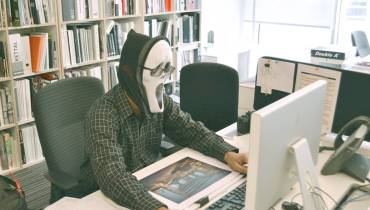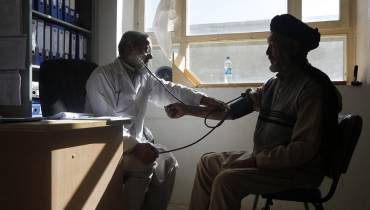7 Signs You May Be in Need of Physical Therapy
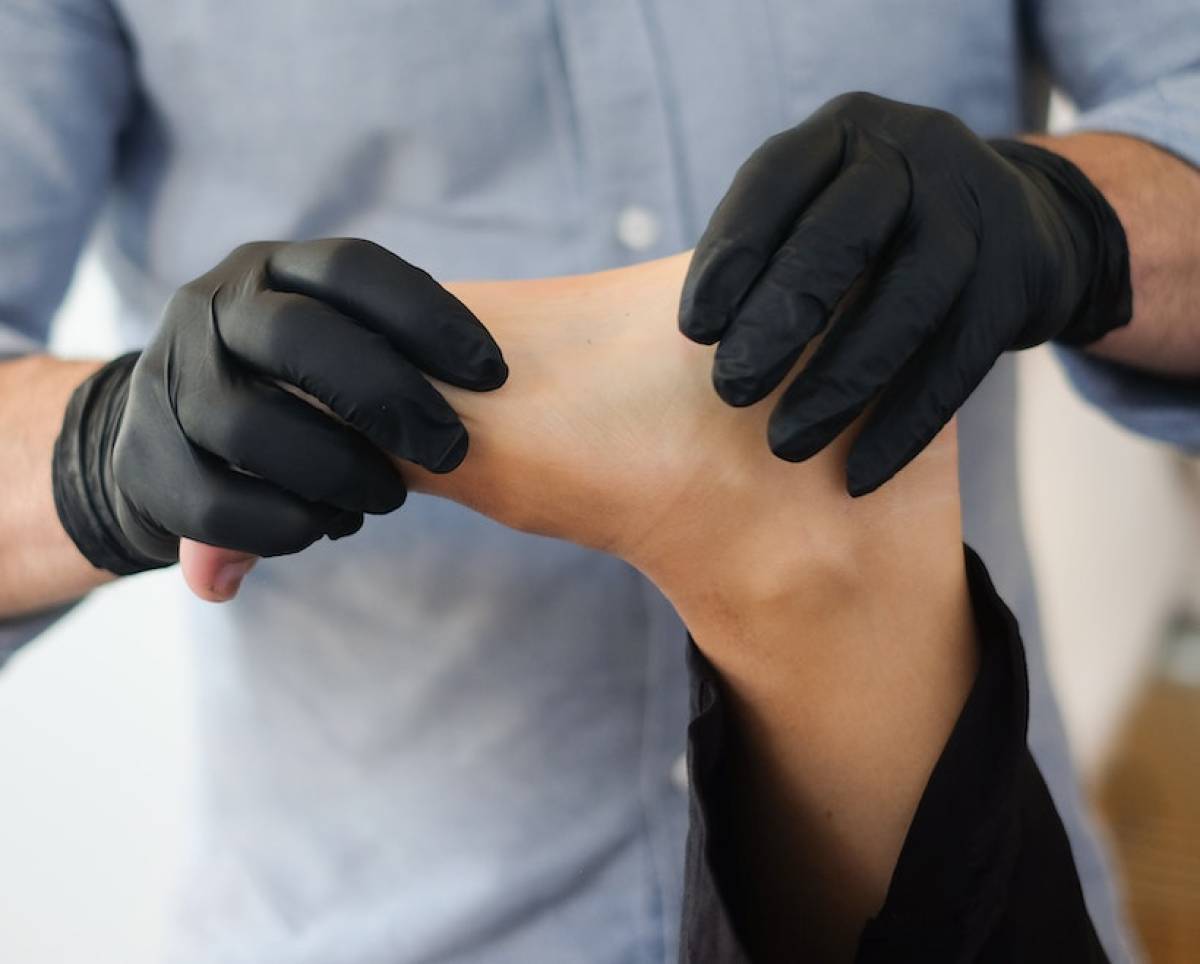
Everyone can benefit from physical therapy. But for some people, getting back to good physical shape requires more than a simple visit to the doctor or gym. It requires inpatient care at a rehabilitation facility and months of follow-up visits with a physical therapist.
Patients who need physical therapy direly may not be able to do simple things like walking unsupported upstairs or lifting small objects. They may have trouble doing basic exercises because their muscles aren't strong enough. Or, they may have other health problems that make it difficult for them to move or stretch properly.
While many of us may take our physical wellbeing and fitness for granted because we don’t have such severe problems, and assume that we do not need physical therapy, keep an eye out for the following signs that indicate you may actually be in need of physical therapy.
1. You're constantly having a backache

One of the most common types of body aches among adults is back pain. Nearly 65 million Americans report a recent episode of back pain, with some 16 million American adults — 8 percent of all adults — experiencing persistent or chronic lower back pain and as a result are limited in certain everyday activities
Unfortunately, far too many of those who experience back pain choose to take no action. This is despite the fact that the U.S Centers for Disease Control (CDC) warn that acute lower back pain causes more disability around the world than any other condition.
Numerous factors can be responsible for back pain, such as rising obesity rates and office work that forces adults to sit in uncomfortable chairs for long periods of time every day. Fortunately, by addressing the underlying cause of your back pain and taking physical therapy, you can relieve back tension and ease the pain.
2. You suffer from joints, muscles, and neck pains
Do you experience stiffness, muscle pain, and or joint pain when you first wake up? Or, it may occur after physical activity, or if you have a long-term illness like arthritis.
Many of us have experienced joint, muscle, and neck pain at some point. Long periods of desk work, your marathon training regimen, or specific movements in your daily life can all contribute to this pain. Joint pain is quite common, and it's difficult to manage on your own.
Fortunately, your overall flexibility can be increased and pain and stiffness relieved by a physical therapist using manual therapy that involves soft tissue mobilization, a form of manual physical therapy where your physical therapist uses hands-on techniques on your muscles, ligaments, and fascia to break adhesions and optimize your muscle function.
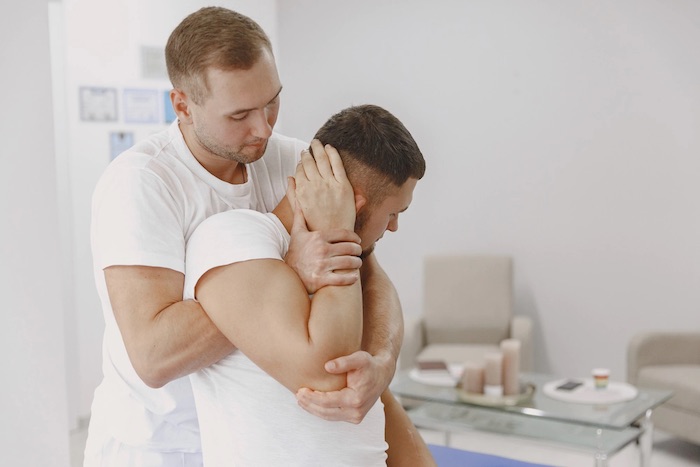
Whatever the cause of joint pain, consult a physical therapist if the pain persists and is sharp. A physical therapist can help you in finding the source of the problem, release the tension, and develop a movement regimen that will optimize your joints and bring recovery.
3. You struggle with past injuries, or have a history of injuries
Does it seem as though nothing goes right for you and you keep tripping, falling, and injuring yourself? Are you still dealing with the effects of a previous injury and finding it difficult to get rid of the pain? Have you fallen before and want to prevent it from happening again? Well, those are signs you need and can benefit from physical therapy.
You can work with a physiotherapist to avoid these injuries altogether and to figure out what is causing your instability and keeping you from feeling 100 percent physically fit.
Physical therapists such as those specialising in Spooner for conditions or injuries that result in decreased strength, loss of mobility, and pain are trained to identify the injury's underlying cause and treat you holistically to ensure you aren’t hindered from enjoying life's pleasures by injuries.
4. Medication does not reduce body aches and pain.
NSAIDs (nonsteroidal anti-inflammatory drugs) like Aleve, Advil, and aspirin are common over-the-counter pain relievers that can lessen body inflammations and hasten pain relief and healing from aches. Ibuprofen is also a good first line of defence after a physical injury.
However, if you are taking over-the-counter painkillers as prescribed and still experiencing body aches and pain, it's probably time to seek professional help. Otherwise, you risk aggravating the situation if you push through the discomfort.
Aside from visiting your doctor, consult a physical therapist to discuss how physical therapy could be used to relieve some of the body aches and pains, and to devise an alternative plan to reduce the chances of incurring a physical injury that causes further body aches and pain.
5. You recently gave birth or are pregnant.

Your body undergoes significant changes from prenatal to postpartum. You can use physical therapy to help your body adjust to giving birth.
A physical therapist can support you throughout your prenatal journey by assessing the changes in your body and assisting you with functional movement and healthy exercises.
To put yourself in the best possible position to care for your new child and resume your normal active life, make sure you maintain an active lifestyle.
Stay active throughout your prenatal and postpartum journey with the help of your physical therapist to strengthen and improve your body function.
6. Headaches and migraines rule in your life
Although headaches are fairly common, if you experience them frequently and your headaches force you to rearrange your entire day, then physical therapy might be able to help.
You may experience headaches, migraines, or secondary headaches due to general stress. A physical therapist can help address these issues through prescribed exercise to blow off steam, hands-on care, and patient education on ways to relieve general stress and improve your physical condition and the quality of your life.
Headaches can range in intensity from minor headaches to severe migraines. When developing a treatment plan suitable for you, a physical therapist will perform a thorough physical assessment and rule out any other possible causes of your headaches.
7. You have trouble walking and moving normally
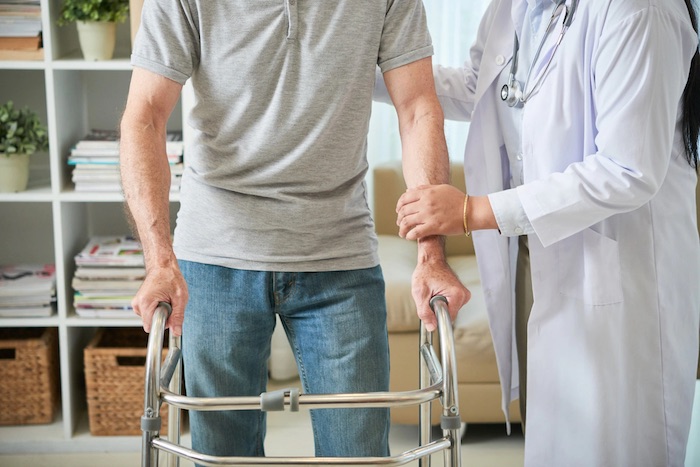
There can be many causes for why you might be unable to move as effectively or efficiently as you once could. Stroke victims, for example, frequently discover they are unable to move normally and walk as they once could. This difficulty moving may persist even after the pain has subsided.
Similarly, people who suffer from an athletic injury are frequently predisposed to having a limited range of motion, particularly after surgical repair of muscle tissue and tendons.
However, you can retrain your body for conventional movement with the aid of physical therapy. Working with a physiotherapist might help you to restore and maintain a stable posture, as well as help you learn how to stay upright when standing, walking, and sitting
During your initial visit, a physical therapist will ask you about your symptoms and medical background and administer some tests. Be ready to discuss previous injuries and illnesses that might be causing your present difficulties. They'll also discuss your daily activities plan, exercise programme, and diet to restore your mobility and overall health.












